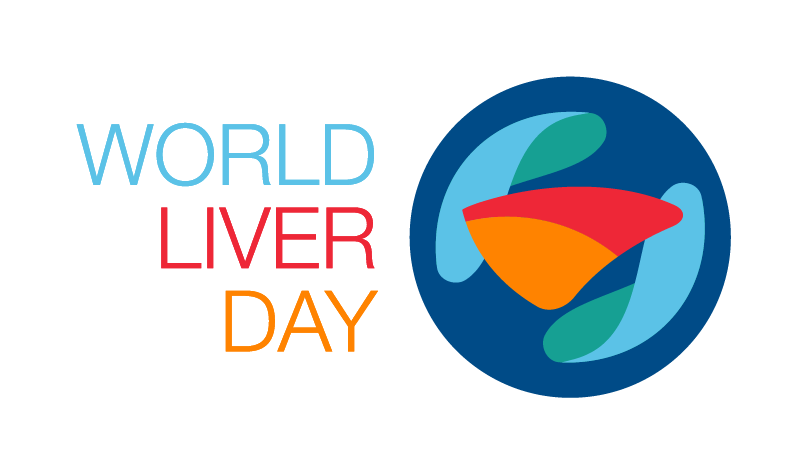Nurse Practitioners in Hospital: Enhancing Patient Care
The role of Nurse Practitioners (NPs) is expanding at our hospital– helping to enhance the patient experience and meet the growing demands for complex patient care.

Timmins, ON – On, April 19, it’s time to give your liver some love, knowing that healthy changes and choices made today can reverse years of damage and cut liver disease risk by 50%. There are over 100 forms of liver diseases caused by a variety of factors, including viruses, genetics, toxins, transfer of bodily fluids and blood, contaminants, toxic substances like alcohol, and unknown causes.
In addition to making healthy food and beverage choices, if you are at risk, getting tested for a blood borne illness called hepatitis C virus can potentially change your life. To mark World Liver Day, the Timmins and District Hospital (TADH) Liver Care Team is sharing firsthand accounts of those tested and treated for the hepatitis C virus.
It’s estimated that one-third of Ontarians living with hepatitis C, transmitted through blood, are unaware that they have this virus that attacks the liver. If left untreated, chronic infection can lead to liver failure or liver cancer. In fact, it’s the leading cause of death and illness from infectious disease in Canada.
This virus is now treatable through an 8–12-week course of medications that is estimated to be 95% effective. Besides preventing liver failure and cancer, treatment can also improve a person’s quality of life. The best way to find out if you have the virus is through testing, as not everyone experiences symptoms.
Here are four of the many testimonials the Liver Care Team has collected so far:
“I knew about HepC but I didn’t know all the ways I could catch it. Feels good I don’t have it anymore and I know where to go if I’m worried.”
“I think it’s important. I didn’t look at it before because I didn’t understand it or know what it was. I heard about it but I didn’t really get it. I got screening cause I was there and they asked me. Since there is a cure and a treatment, I do want to get cured. The workers come to me and that’s easier than me going there.”
“It’s cool you guys are doing this. I knew about HepC and thought I should get checked but didn’t. Then you guys came and asked me and so I got checked.”
“Your liver is important. You will die if it doesn’t work. Your program is important.”
People can request testing at the hospital, or the team will come to them. All those who test positive have the option to receive treatment, supported by the team. Collaborating with the Cochrane District Emergency Medical Services, Living Space, and Northeastern Public Health, the Liver Care Team does regular testing at the low barrier shelter and during outreach.
Hepatitis C is transmitted through blood. People can get the virus by sharing needles, if they received a blood transfusion prior to 1980 (before regular testing of the blood supply), and it can be passed from mother to baby at birth, or any other way blood is exchanged.
To contact the hospital’s Liver Care Team, call 705-267-2131 ext. 2175.
Our commitment: TADH operates within the traditional lands of the Mattagami First Nation, located in Treaty 9 territory. Our team is committed to building strong, lasting relationships with Indigenous communities as we acknowledge the diversity, history and heritage of Indigenous Peoples in the North.
For more information contact TADH’s Communications Team: 705-267-2131 Ext. 2409 or communications@tadh.com
The role of Nurse Practitioners (NPs) is expanding at our hospital– helping to enhance the patient experience and meet the growing demands for complex patient care.
The Timmins Physician Recruitment and Retention Committee is excited to announce that it has achieved its funding goal, thanks to a $600,000 donation from Agnico Eagle Mines Limited (“Agnico Eagle”).
ALERT March 26, 2025 – Increase in Suspected Opiod Poisonings
A new program will be supporting up to 80 patients a year to restore their health at home through Hospital to Home.